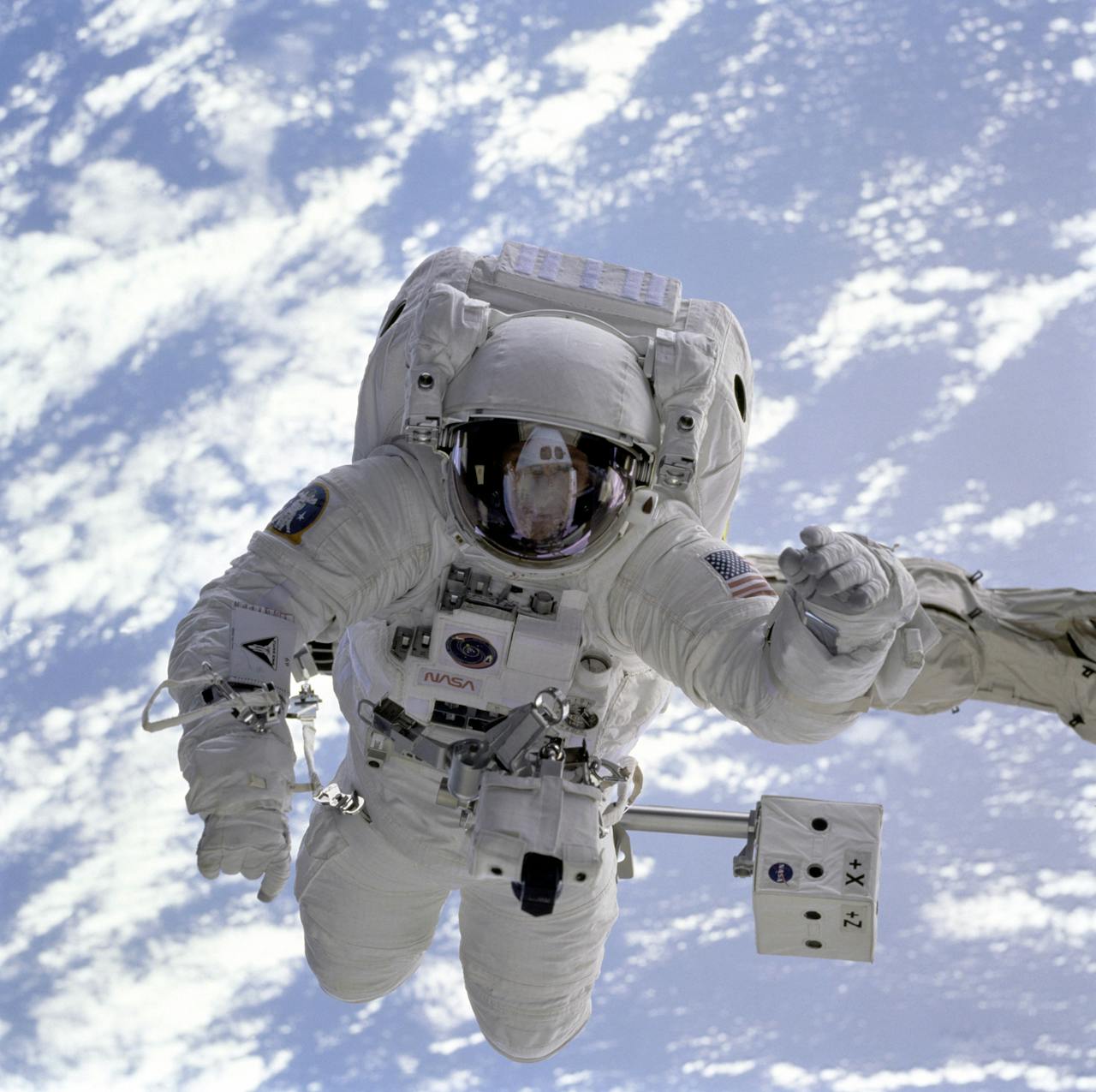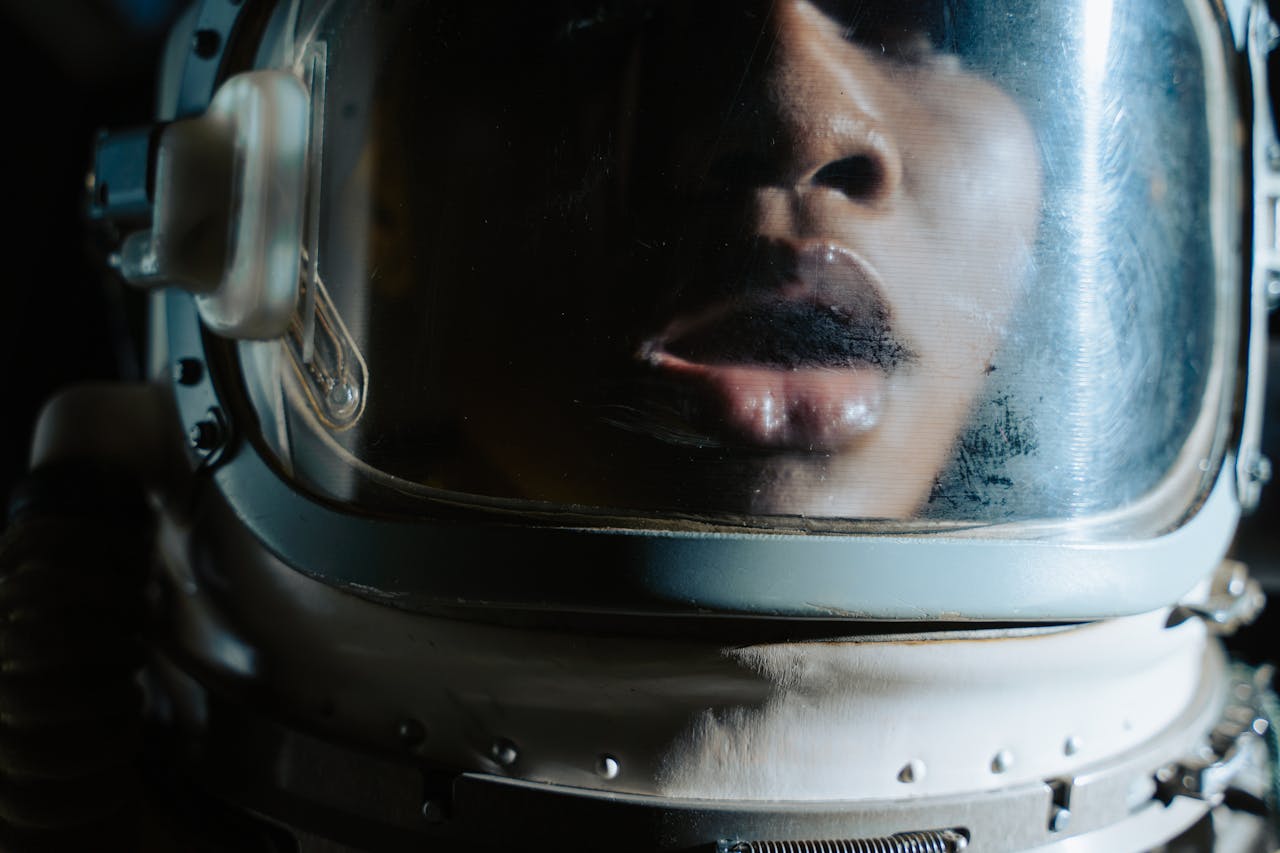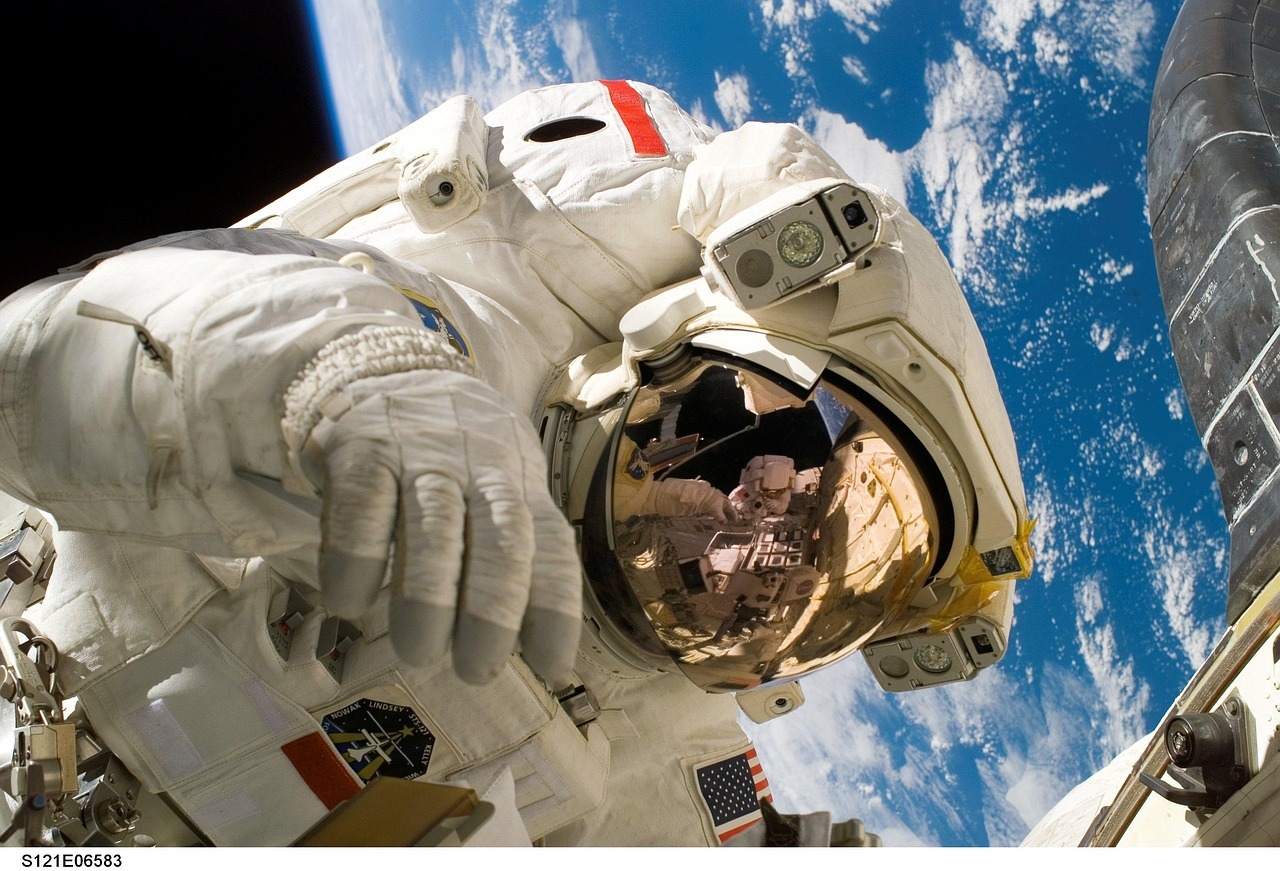Space may look silent and serene, but it’s one of the most hostile environments imaginable. We’ve all seen dramatic space movie scenes where someone gets blown out of an airlock—but what really happens to the human body in space without a suit? The answer is a blend of biology, physics, and pure nightmare fuel.
First Things First: No, You Don’t Instantly Explode
Let’s bust the Hollywood myth: you don’t explode the moment you’re exposed to space. Yes, the vacuum of space creates extreme conditions, but the human body is more resilient than many people think. Your skin and tissues are strong enough to keep you from bursting like an overfilled balloon.
You’d Lose Consciousness in 15 Seconds
Within 10 to 15 seconds, your brain would be starved of oxygen. That’s because there’s no atmospheric pressure to keep gases dissolved in your bloodstream. You wouldn’t be able to hold your breath – doing so would cause your lungs to rupture, since air inside them would rapidly expand. Instead, your last conscious moments would involve a quick gasp and the feeling of your breath being pulled from you.

Your Body Starts to Swell… But Just a Little
Without external pressure, the nitrogen in your body would start to form bubbles in your blood and tissues – kind of like a rapid, violent version of the bends that divers can experience. Your skin would puff up slightly, but not to cartoonish levels. Expect some moderate swelling, especially in your hands and face
Boiling Blood? Sort of
Water in your body – especially on the surface, like in your mouth, nose, and eyes – starts to boil at body temperature in the vacuum of space. That’s because boiling occurs when vapor pressure equals ambient pressure, and in space, ambient pressure is near zero. This doesn’t mean steaming blood geysers, but your saliva and the fluid on your tongue would start to bubble and evaporate.
Extreme Temperatures Are Less Immediate Than You Think
While space is freezing cold, heat transfer in a vacuum happens mainly through radiation, not conduction or convection. That means you wouldn’t instantly freeze. In fact, your body might retain warmth for a short time. However, direct exposure to intense sunlight would burn your skin, while shadowed areas could plummet to frigid temperatures.
Radiation Is a Silent Killer
Earth’s atmosphere protects us from intense cosmic radiation and solar particles. In space, without shielding, your body would be hit by a barrage of high-energy particles. Over time, this would cause severe radiation damage – but in the scenario of short exposure without a suit, it’s not your biggest immediate problem.

How Long Could You Survive?
If rescued and re-pressurized within 60 to 90 seconds, survival is possible – with some trauma. In fact, NASA tested this in the 1960s (not intentionally!) when a technician’s suit depressurized in a vacuum chamber. He lost consciousness in 14 seconds, but was revived and eventually recovered after about 30 seconds of exposure.
Beyond that, you’d face irreversible brain damage, organ failure, and eventually – likely die within 2 minutes
Final Thought: Space Is Not Forgiving
The takeaway? Never, ever forget your suit. The vacuum of space is silent, but its effects on the unprotected human body are immediate, severe, and unrelenting. While science fiction loves the drama, the reality is just as terrifying—and much more real.




